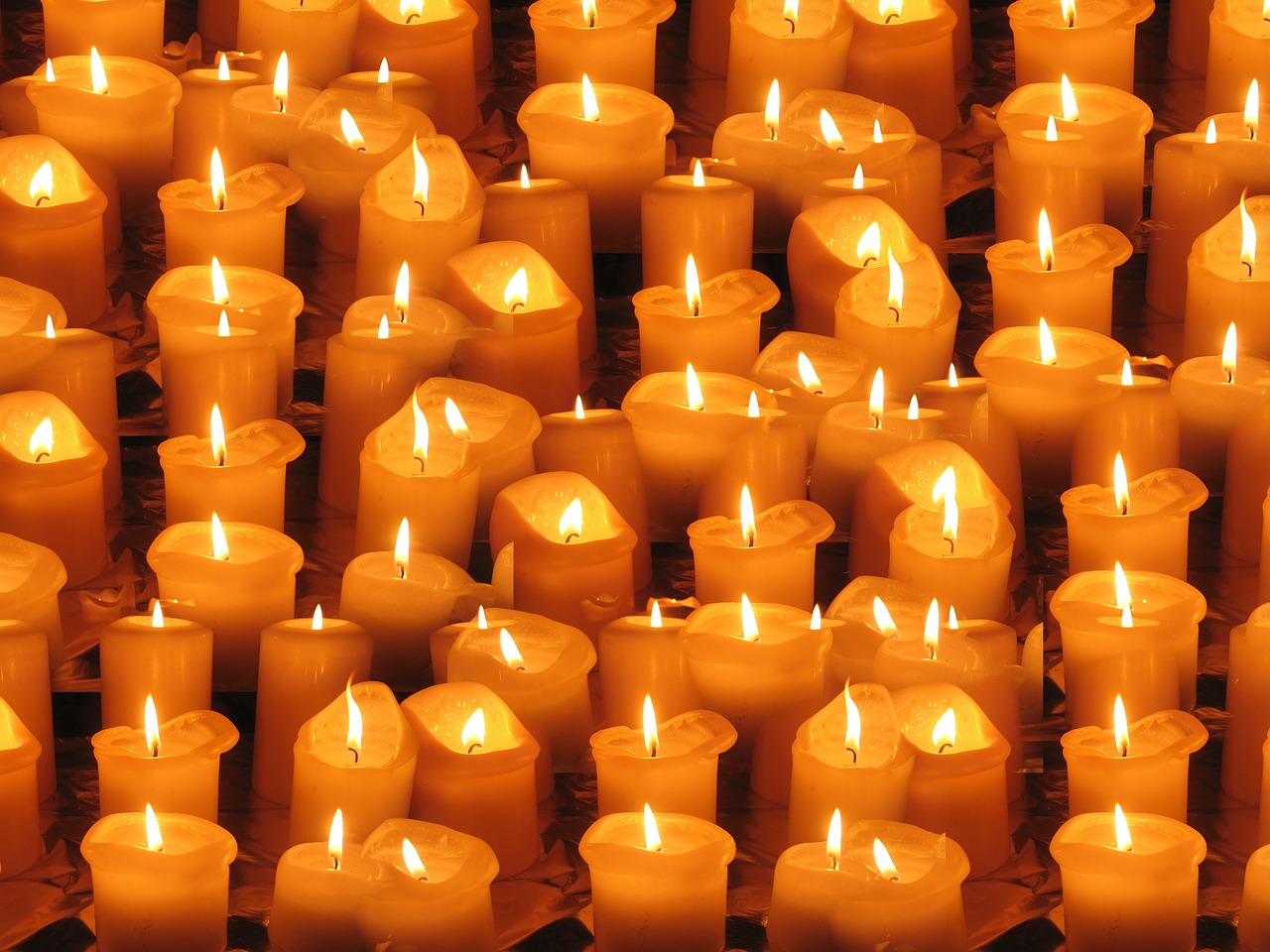The quality essential to true meditation, contemplative prayer, is surrender. It is a question of renouncing thoughts, imagination and images. In doing so we let go of the past and the future – our memories that have moulded us and our hopes, desires and fears that shape our future. Meditation, repeating our prayer word faithfully, builds the habit of staying in the present moment and this influences ordinary life. We see people and situations as they are and not through the matrix of our conditioning and survival needs. The more we meditate, the more we are able to do this and the more the emphasis of our attention will shift from our own survival needs to concerns about the survival of others and our environment. We are able to let go of our ego-centric will and surrender truly to ‘Thy Will be done’.
We will also have more often glimpses of another reality, a reality of peace and love, which encourages us to persevere despite all the difficulties of our domineering thoughts. In Scripture that other reality is described by Jesus as ‘The Kingdom’. Entering ‘The Kingdom’ was the ultimate aim of the Desert Fathers and Mothers, on whose example we base our way of prayer. Their intermediate goal was ‘purity of heart’. Thomas Merton expresses this state as follows: “What the fathers sought most of all was their own true self, in Christ. And in order to do this, they had to reject completely the false, formal self, fabricated under social compulsion in the ‘world’. Their motto was St Paul’s advice: “Do not model yourself on the behaviour of the world around you, but let your behaviour change, modelled by your new mind.” (Romans 12:2) Every time we let go of our thoughts and images, every time we do not follow one of our ego-centric desires, we like the Desert hermits move along the road to ‘The Kingdom’.
But what is ‘The Kingdom’? In Scripture Jesus tries to show us in many parables the multiple layers of the real meaning of ‘The Kingdom’. He does not give us one answer: it is difficult to express a felt, lived truth in mere words. He only hints at this reality: we need to discover it for ourselves. We can’t make it an intellectual pursuit – a PhD in the meaning of the Kingdom – but through experience in the silence of pure prayer, we discover that all the different accounts he gives are facets of the one diamond – the all-pervading energy of love, compassion and forgiveness. Laurence Freeman describes the effects of ‘The Kingdom’ on us as follows in ‘Jesus, the Teacher Within’: “Where the Kingdom is among us, there is neither hatred nor selfish competitiveness nor any sources of division. Where the Kingdom is within us, our true nature has dispelled all ignorance about ourselves and established harmony and integration between the conscious and the unconscious. We are then free to act in accord with our essential goodness: as the image and likeness of God that we are.”
Image by Gerd Altmann from Pixabay





